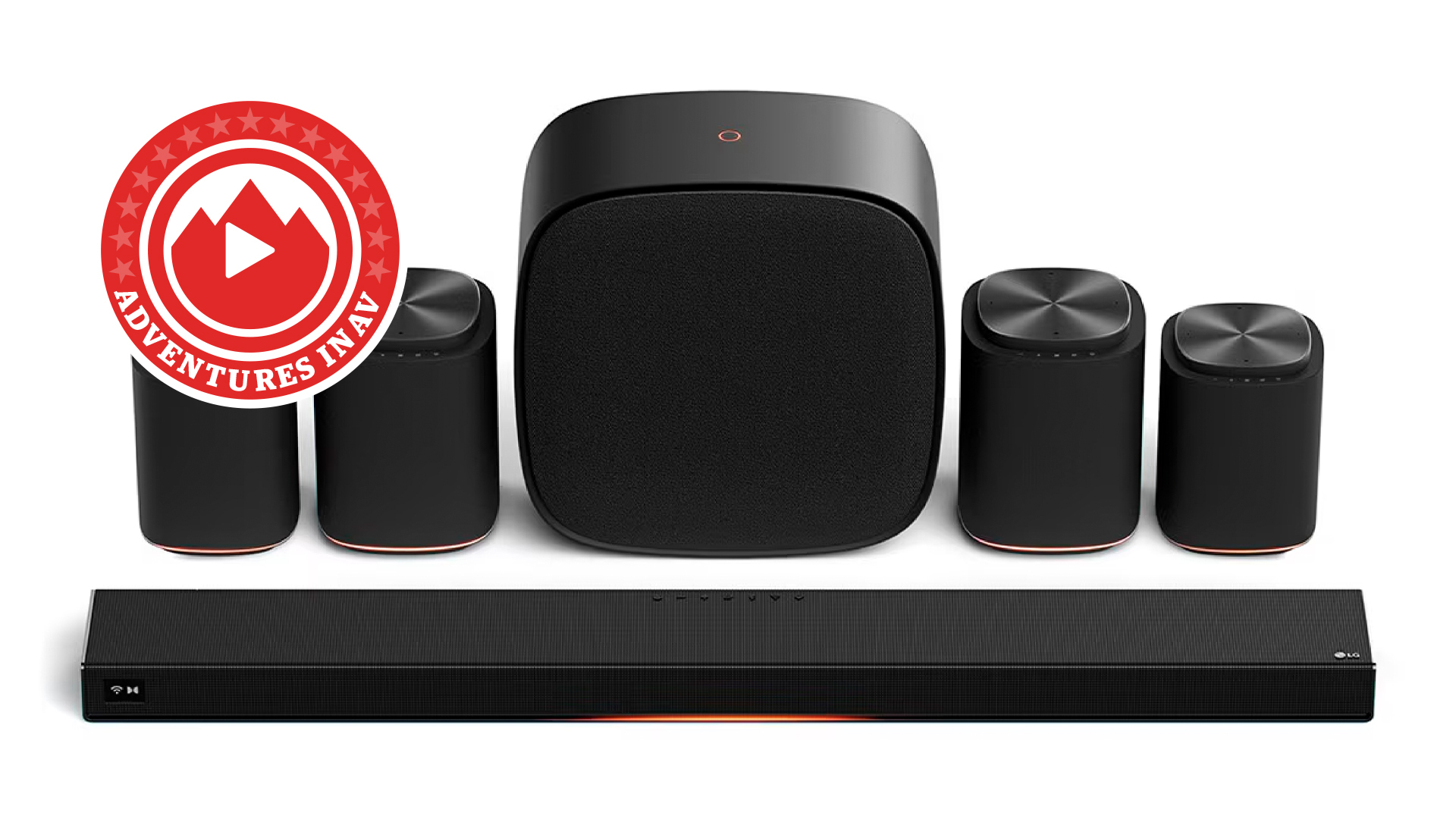CHINA/JAPAN: the changing face of consumer electronics retailing
It doesn't seem so long ago that China was being seen by the more forward-thinking Japanese audio and video companies as the next big frontier. It was a market ripe for development as an increasingly affluent middle-class developed.
Marantz, to take one well-known example, has invested heavily in Chinese promotion of its products, sponsoring concerts shown live on national TV and seeing Brand Ambassador Ken Ishiwata featured on prime-time talk-shows.
China is changing, and while the more xenophobic may gnash their teeth and wail at find old British brands falling into the hands of companies based there, and others subcontracting out manufacture to Chinese factories, the domestic Chinese market is overlooked at companies' peril.
After all, we're talking about a country with a population of just over 1.3bn, or about a fifth of the world's total. And last year they spent some 792bn RMB, or around £71bn, on consumer electronics.
So it's hardly surprising that one of Japan's largest electrical and electronics retailers, Laox, which has been having a somewhat rocky time of late, now finds itself the subject of negotiations with a Chinese counterpart, with a view to the Chinese company taking a major stake in the Japanese one.
The suitor is Suning Appliance Co, based in Nanjing, and one of the largest electrical retailers in China.
It has 700 shops so far, and plans to open 200 more this year. It employs getting on for 100,000 people, and in 2007 – the latest figures available – it had sales of 85.4bn RMB, or about £7.7bn.
By comparison, Laox stores are centred around Tokyo, with 12 of its 14 shops in the famous Akihabara 'Electric Town' . From a peak of 120 stores in 2001, and revenues of around Y214bn (around £1.37bn), it's now predicting an income of just under £85m for the current financial year.
Oh, and a loss. Again.
The Japanese financial press may be talking in terms of Suning looking to acquire Japanese expertise and improve its sales efficiency, which lags behind Japanese standards, but almost any way you examine the figures being bandied about, it looks like Suning taking a majority share in Laox, and for very little investment.
If reports are to be believed, a 30% stake in Laox, making it the biggest single shareholder, could cost the Chinese company as little as a billion yen, or about £6m. Which is sort of money found down the back of the corporate sofa in Suning terms.
It seems it's not just in the motor industry that Chinese companies are proving to be adept at bargain-hunting these days.
The latest hi-fi, home cinema and tech news, reviews, buying advice and deals, direct to your inbox.
Andrew has written about audio and video products for the past 20+ years, and been a consumer journalist for more than 30 years, starting his career on camera magazines. Andrew has contributed to titles including What Hi-Fi?, Gramophone, Jazzwise and Hi-Fi Critic, Hi-Fi News & Record Review and Hi-Fi Choice. I’ve also written for a number of non-specialist and overseas magazines.
